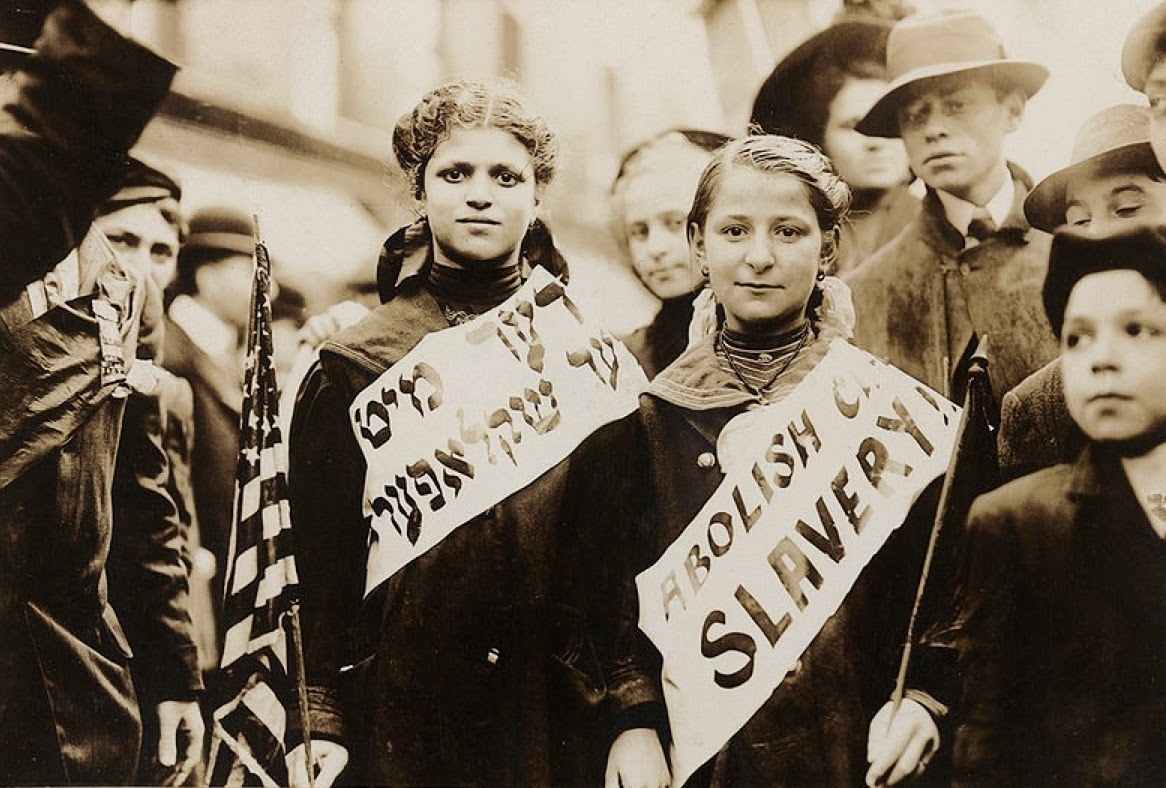How Bernie inspired me to learn Yiddish

Friends,
It’s almost too easy to become cynical about the state of politics today, but a little while back I read an interview in – of all places – the Christian Science Monitor that made me think:
As a child, Sanders said, being Jewish taught him “in a very deep way what politics is about.”
“A guy named Adolf Hitler won an election in 1932,” the senator said. “He won an election, and 50 million people died as a result of that election in World War II, including 6 million Jews. So what I learned as a little kid is that politics is, in fact, very important.”
(Source: ‘Bernie Sanders: ‘I’m proud to be Jewish‘)
I often think that my generation, brought up in a time of relative world stability when compared to the ravaging world wars of our elder generations, forgets just how fragile democracy can be. During the rise of the Third Reich in Germany, most would believe that country to have been practicing the democratic principles of the Weimar Constitution: historian William L. Shirer described the Weimar Constitution as “on paper, the most liberal and democratic document of its kind the twentieth century had ever seen”. Hitler’s rise to power happened within a democracy, not by outside forces or a coup d’etat. Elections have effects.
And what happens between elections also has effects. I yearn to understand how the Holocaust began, and that question is wrapped up with the history of my ancestors: Jews from Poland, Russia, Ukraine, and all of Eastern Europe. I went to the library and picked up books on the history of modern Jewish politics: the bund ( Jewish worker unions), and the concurrent birth of the Zionist movement for a Jewish nation with the convening of the first Zionist Congress at Basel, Switzerland in 1897. My mind started racing.
I realized that I had learned much about Theodor Herzl and the founding of the state of Israel, but I hadn’t learned much about what happened before that, and the plight of the so-called diaspora of Jews that in the 19th century had spread across the world. Most importantly, I hadn’t learned about the most important historical political conflicts within Judaism – the fights for the soul of what it means to be Jewish. The two I’ve spent the most time working to understand are: (1) nationalism (Zionism) versus localism (Bundism) and (2) assimilation (the Haskalah movement and the Reform movement, for example) versus non-assimilation (preserving tradition, the Orthodox movement, etc.). They both led me to the realization that to truly understand the history of my faith, I would have to learn an old (but new for me!) language: yiddish.
So here I go, learning the mamaloshen (literally, the mother tongue). Visiting my Bube’s (grandma’s) yiddish club each week. Going to the schvitz (traditional Russian bathhouse). Watching the hilarious web series Yidlife Crisis. This is such a beautiful language, full of down-to-earth and domestic phrases, each revealing a popular culture of a very different time and place.
And yet – with modern politics beginning to show signs of repeating itself – maybe not that different…
Peace,
Justin
PS – If you have any suggestions or resources for aspiring yiddish speakers, please don’t hesitate to reach out! Zay gezunt – Stay well!

